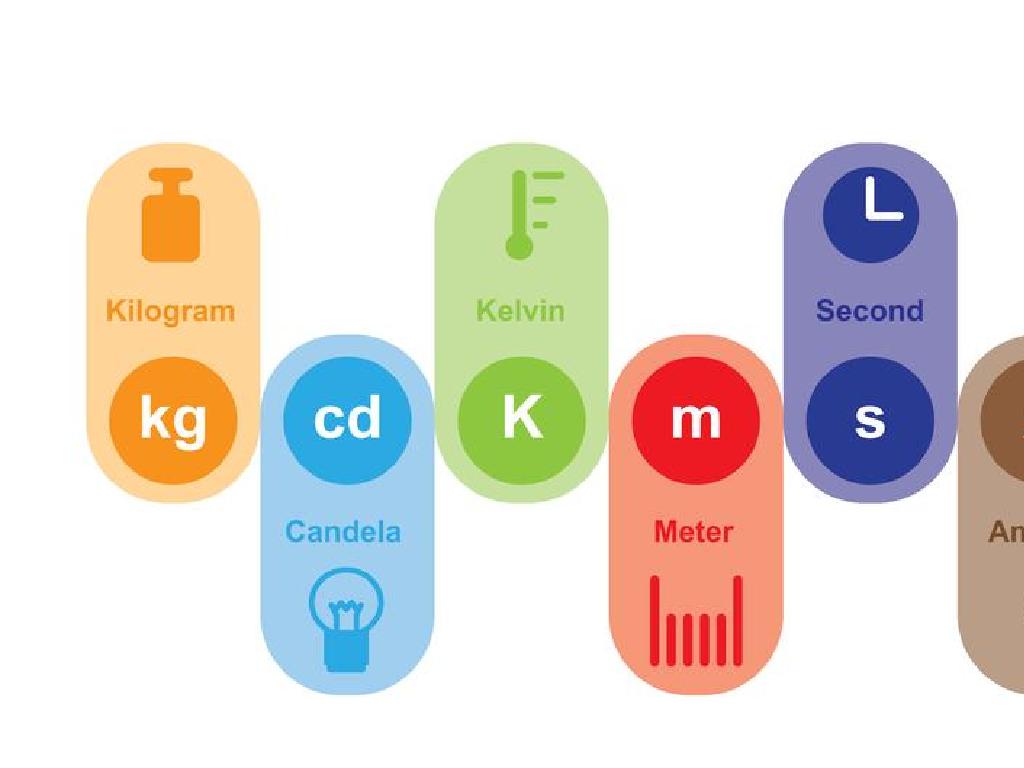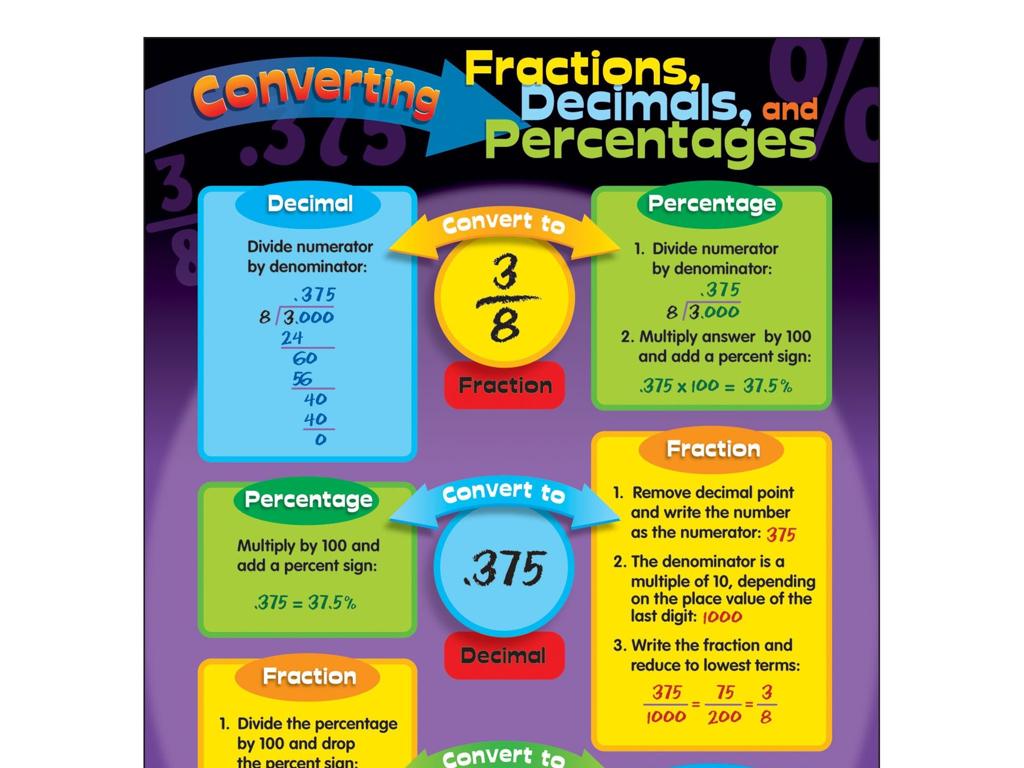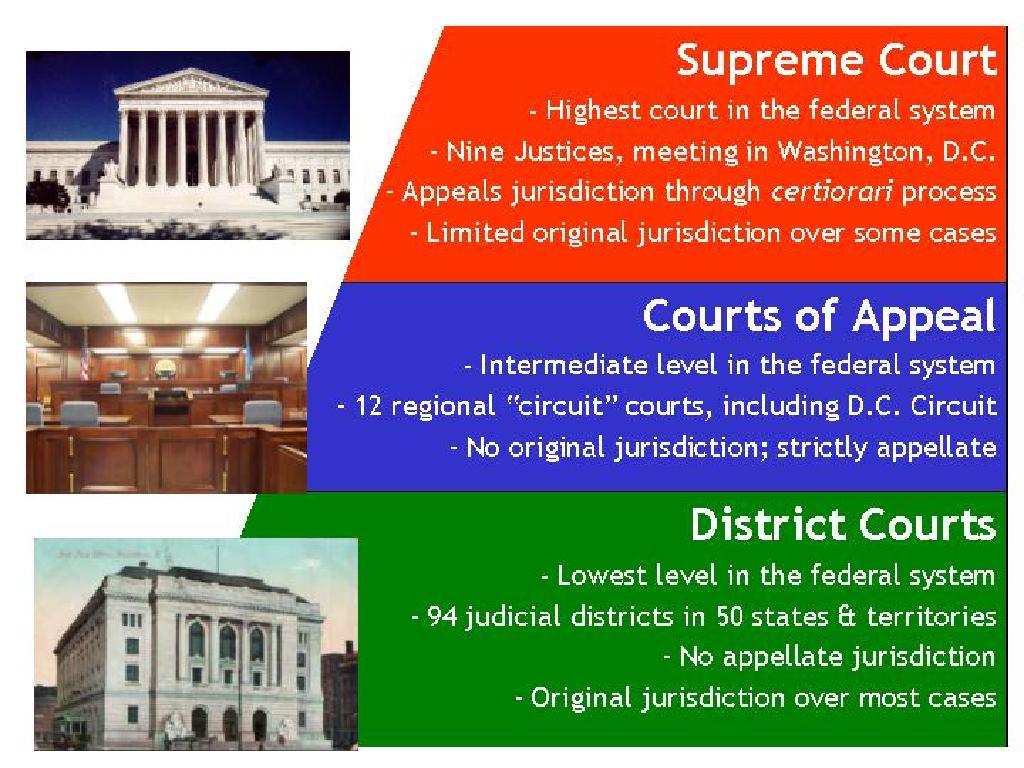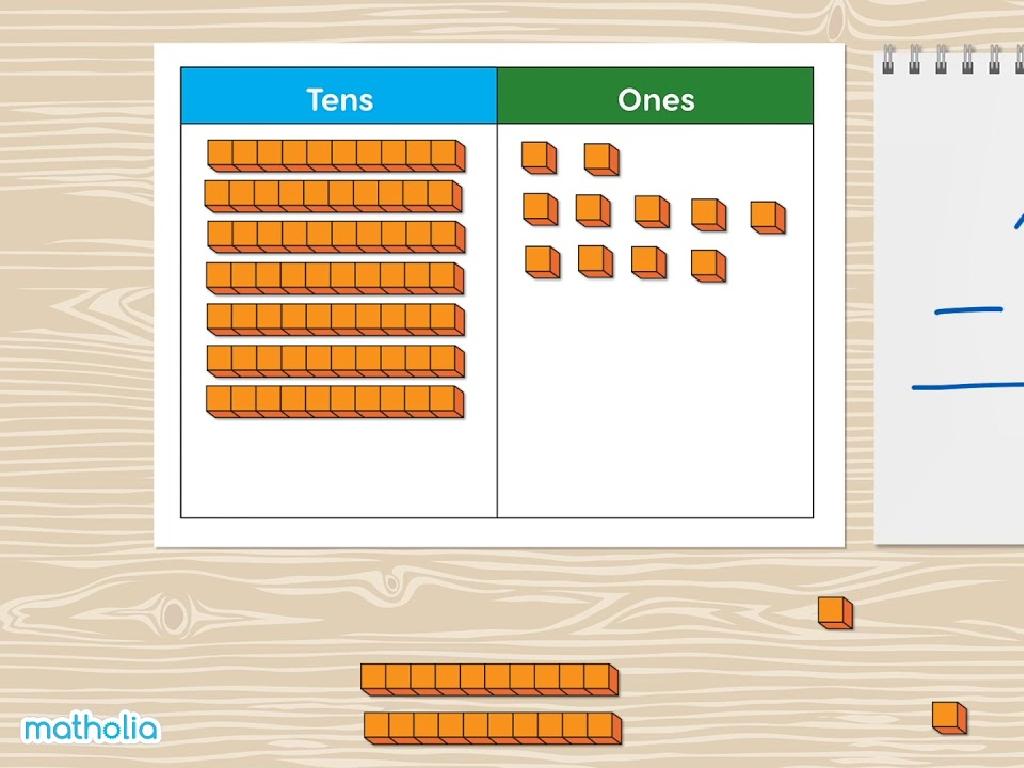Evaluate Claims About Natural Resource Use: Groundwater
Subject: Science
Grade: Eighth grade
Topic: Natural Resources And Human Impacts
Please LOG IN to download the presentation. Access is available to registered users only.
View More Content
Groundwater: Earth’s Hidden Treasure
– Earth’s natural resources overview
– Defining natural resources
– Materials or substances such as minerals, forests, water, and fertile land
– Groundwater as a vital resource
– An underground water reserve crucial for life and ecosystems
– Human impact on groundwater
– Overuse and pollution can deplete and contaminate this essential resource
|
This slide introduces students to the concept of natural resources, with a specific focus on groundwater. Begin by discussing the variety of natural resources our planet offers, such as minerals, forests, and water. Define what natural resources are and their importance to life on Earth. Then, shift the focus to groundwater, explaining that it is the water found beneath Earth’s surface, which serves as a critical source of freshwater for drinking, agriculture, and industry. Highlight the importance of sustainable use and the threats posed by overuse and pollution, emphasizing the need for conservation and responsible management to protect this precious resource. Engage students by asking them to think of ways humans rely on groundwater in their daily lives and the potential consequences of its depletion.
Understanding Groundwater
– Define Groundwater
– Water that collects or flows beneath Earth’s surface, filling the porous spaces in soil, sediment, and rocks.
– Compare Groundwater & Surface Water
– Groundwater is stored in aquifers, while surface water includes lakes, rivers, and streams.
– Groundwater’s Role in Water Cycle
– Groundwater feeds into bodies of water and can be a source for wells and springs.
– Significance of Groundwater
|
Groundwater is a crucial part of the Earth’s water cycle and an important natural resource for ecosystems and human use. It’s the water found underground in the cracks and spaces in soil, sand, and rock. It is stored in and moves slowly through geologic formations of soil, sand, and rocks called aquifers. Unlike surface water, which is visible and can be easily measured, groundwater is hidden and requires a different approach to understand its quantity and quality. It’s essential for maintaining the flow of rivers and lakes, especially during dry periods, and is a critical source for agriculture and human consumption. Discuss the importance of sustainable groundwater use and how it’s impacted by human activity.
How Do We Use Groundwater?
– Groundwater’s role in agriculture
– Irrigation for crops, essential for food production
– Urban reliance on groundwater
– Drinking water supply, sanitation, and industrial use
– Diverse applications of groundwater
– Ecosystem maintenance, recreational activities, and more
– Sustainability and management
– Balancing use with replenishment to prevent depletion
|
Groundwater is a critical natural resource that supports various human activities. In agriculture, it is used extensively for irrigation, which is vital for growing the food we consume. Cities depend on groundwater for drinking water, sanitation services, and supporting industrial processes. Beyond these uses, groundwater maintains natural ecosystems, supplies water for recreational activities, and has other miscellaneous applications. It’s crucial to discuss the importance of sustainable groundwater management, emphasizing the need to use this resource responsibly to avoid over-extraction and ensure its availability for future generations. Encourage students to think about how their local community uses groundwater and the importance of conservation efforts.
Evaluating Groundwater Use Claims
– Common claims about groundwater
– Claims include scarcity, pollution, and overuse
– Where do claims originate?
– Claims arise from studies, reports, and local observations
– Evidence is key to evaluation
– Verify with data from scientific research
– Impact of claims on resource management
– Claims can influence conservation policies
|
This slide aims to educate students on the critical evaluation of various claims made about groundwater usage. Groundwater is a vital natural resource, and there are numerous claims regarding its scarcity, levels of pollution, and overuse. Students should understand that these claims often originate from scientific studies, media reports, and observations from local communities. Emphasize the importance of evidence, such as data and scientific research, in assessing the validity of these claims. Discuss how these claims, when substantiated, can significantly impact resource management and conservation policies. Encourage students to think critically about the sources of information and the evidence provided to support claims about environmental issues.
Evaluating Groundwater Claims Through Case Studies
– Groundwater depletion in California
– California’s aquifers are being drained faster than they can replenish
– Groundwater contamination issues
– Contaminants from agriculture and industry can pollute groundwater
– Analyze evidence behind claims
– Evaluate data and research to assess the validity of claims
– Discuss impacts and solutions
– Explore the consequences of depletion and contamination, and how to address them
|
This slide introduces students to the real-world implications of groundwater use and its challenges. The case of California serves as an example of how extensive agricultural and urban demands can lead to significant depletion of groundwater resources. Students should also understand how groundwater can become contaminated by various pollutants, affecting both the environment and human health. Encourage critical thinking by having students analyze the evidence presented in these case studies to determine the credibility of different claims about groundwater use. Finally, discuss the broader impacts of these issues and brainstorm potential solutions or preventive measures to protect this vital natural resource.
Impact of Groundwater Depletion
– Environmental consequences
– Reduced water levels affect ecosystems and reduce biodiversity.
– Economic impacts
– Costs rise for water extraction; agriculture and industries suffer.
– Social implications
– Communities face water scarcity, leading to conflicts and migration.
|
This slide aims to educate students on the multifaceted impacts of groundwater depletion. Environmentally, the reduction in water levels can lead to the loss of wetlands, which are crucial for maintaining biodiversity. Economically, as groundwater levels drop, the cost of water extraction increases, which can have a ripple effect on agriculture and industries that rely on this resource. Socially, communities may experience water shortages, leading to potential conflicts over water resources and even forced migration as people search for more sustainable living conditions. It’s important to discuss with students how these impacts are interconnected and the importance of sustainable groundwater use.
Sustainable Use of Groundwater
– Understanding sustainable use
– Use that meets current needs without harming future supply
– Practices for groundwater management
– Techniques like rainwater harvesting, controlled irrigation
– Technology’s role in sustainability
– Innovations like water-efficient appliances, monitoring systems
– Impact of sustainable practices
|
This slide introduces the concept of sustainable use of groundwater, emphasizing the importance of using this vital resource in a way that ensures it remains available for future generations. Discuss various practices that contribute to sustainable management, such as rainwater harvesting, which captures rain to replenish groundwater, and controlled irrigation systems that minimize water waste. Highlight the role of technology, including the development of water-efficient appliances and monitoring systems that help detect and manage groundwater levels. Encourage students to think about how these practices and technologies can impact the long-term availability of groundwater and the overall health of our environment.
Class Activity: Groundwater Debate
– Form stakeholder groups
– Prepare pro/con arguments
– Consider environmental, economic, and social aspects
– Present group positions
– Engage in debate
– Listen and respond to opposing views respectfully
|
In this activity, students will engage in a debate to understand the complexities of groundwater use from multiple perspectives. Divide the class into small groups, each representing different stakeholders such as farmers, city planners, environmentalists, and local businesses. Each group will prepare arguments supporting or opposing a claim about groundwater use, considering environmental impact, economic benefits, and social implications. After preparation, groups will present their positions to the class and debate with opposing viewpoints. Encourage students to use evidence to support their arguments and to practice active listening and respectful discourse during the debate. Possible claims for debate could include the impact of groundwater extraction on ecosystems, the economic necessity of groundwater for agriculture, or the social consequences of water scarcity.
Conclusion: Groundwater’s Value & Assessing Claims
– Recap groundwater significance
– Groundwater is vital for drinking, agriculture, and ecosystems.
– Critical thinking in claim evaluation
– Assessing the validity of statements about resource use requires logic and evidence.
– Share your learning takeaways
– Think about one new fact you learned today.
– Reflect on groundwater’s future
– Consider how our use of groundwater today affects tomorrow.
|
As we wrap up today’s lesson, it’s important to reflect on the crucial role groundwater plays in our lives and the environment. Emphasize the need for critical thinking when evaluating claims about natural resource use, especially in the context of science and environmental policy. Encourage students to share what they’ve learned, fostering a classroom environment where knowledge is collectively built and shared. Lastly, prompt them to think about the long-term implications of groundwater use, instilling a sense of stewardship for future generations. This reflection will help solidify their understanding and hopefully inspire responsible action.






